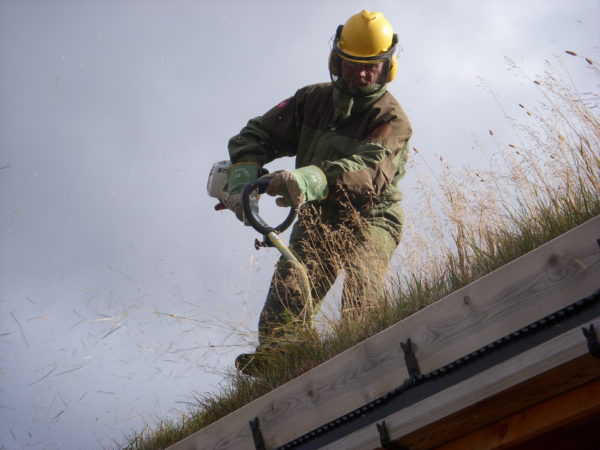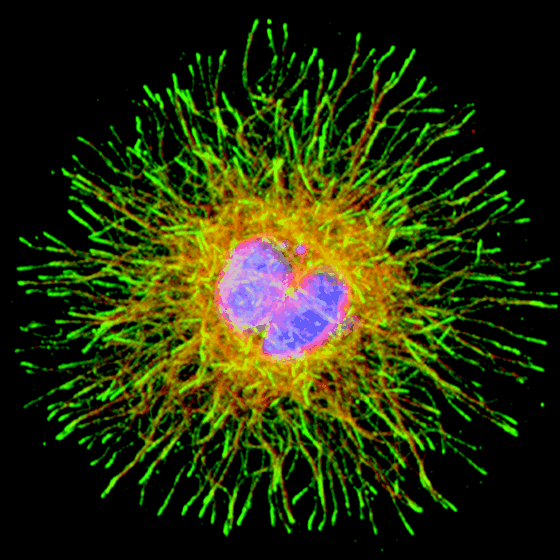Rune and I got up early to be on the road by 3:00 AM for an early flight to Barcelona. God I’m groggy. We got to our hotel, met my sister, Laura and her husband, Jim, and went to this amazing restaurant on the beach named Salamanca. I’ve never had better paella! Then, we walked on the beach for quite some time and returned to the hotel where Laura and Jim crashed due to their major jet lag. They just flew in from Arkansas this morning, so… Tomorrow, we meet with my cousin, Elena, to tour the famous Barraquer Clinic, founded and operated by my relatives. and then we plan to find the castle that was decreed to my family by Charlemagne because we were one of the “Gentlemen Barons” who fought back the Moors so that they wouldn’t take over the country. Then we want to go to a great restaurant to eat wonderful Spanish food and watch Flamenco. Right now, everyone is asleep, and I’m all alone in the hotel cafe working. Nice to have time to myself.
This post is a very important topic for me because I feel sometimes like I’m on the fringes of dementia myself. I hope you get something out of it.
Me: Let’s talk more about people in comas and those with Alzheimers. You said that their souls can already leave their bodies while they live on for a longer time, but how does that work for the mentally challenged? This is a question from a blog member. What lessons are we and they meant to learn. So, I guess what she’s asking is how does the connection and interplay work in the mentally challenged as compared to the non-mentally challenged? Is it the same?
Erik laughs.
Erik: It’s going to be different in every case, so this is going to be blanket statement. Alzheimers, dementia, mental illness—
Jamie: Um, alright, but he’s separating the mental illness not as bipolar or schizophrenia. He’s talking about mentally challenged.
Me: Okay. Like lower I.Q.s for example.
Jamie: Yes, from the beginning on. What are they meant to teach us?
Me: Well, first of all, I think she wonders whether their soul, their consciousness is totally in or in sync with their brains.
Erik: Their consciousness is fully there. It’s fully trapped in the body. That’s part of the lesson—simplicity, humility, learning to accept help, gratitude, humility from others. But when we see them in old age or when they’re about to pass over, a lot of times the Alzheimers or dementia gets to a place where it’s really, really heavy so that it almost looks like they’re in a coma. They just kinda go blank And in those moments, we’re letting the soul leave the body, and they’re allowing the soul to leave the body. But we can talk to them and help them, and death doesn’t always have to be a difficult thing. We mend their energy, and once we start doing this, they find it harder to keep coming back into the body that’s so limiting. And this is what helps them pass over. In those moments when they’re outside of their body, being healed or taking a break from their dementia or mental challenges in their old age, they can be communicated to by psychics or mediums. They can come into dreams. They can say goodbye or make amends. It’s really a beautiful thing.
Me: I’m sure it can be. Is it useful, when you work with the mentally challenged, to learn how to channel their guides or their own souls to learn better about their special needs and how to take care of them? That’s her last question.
Erik (with a crunched up face): Hell, yeah!
Me: I would think so!
Erik: It’s good for everybody across the board! Even parents of those “normal” kids
Me: Okay. I guess we’ll end off the session here. Wow, Erik. You were amazing today. You’ve grown so much. I love you infinity to the power of infinity.
Erik: I love you too, Mom. I’ll be seeing you later for a visit.
Me: I sure hope so, Baby.
I sure do miss you guys. I’ll be back to posting soon. Promise



